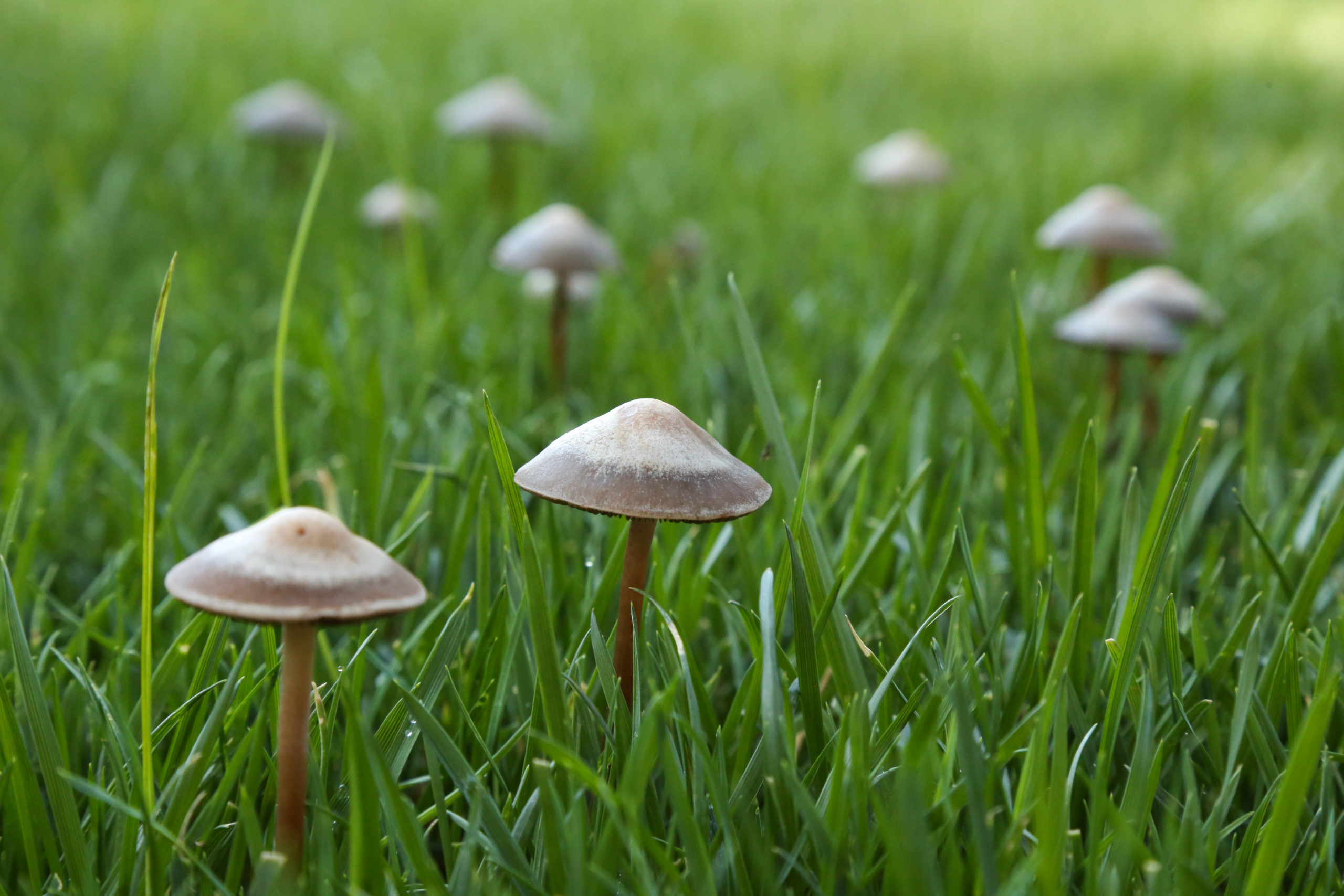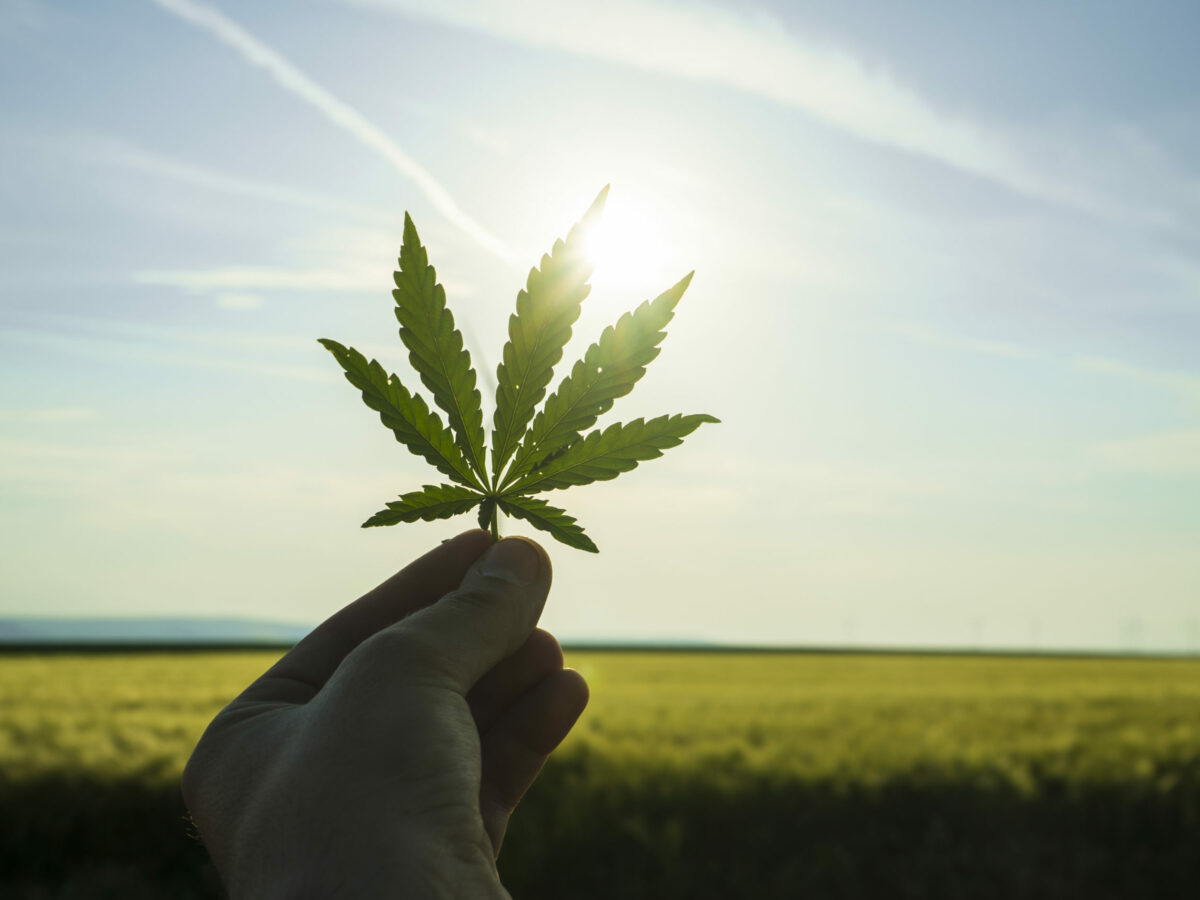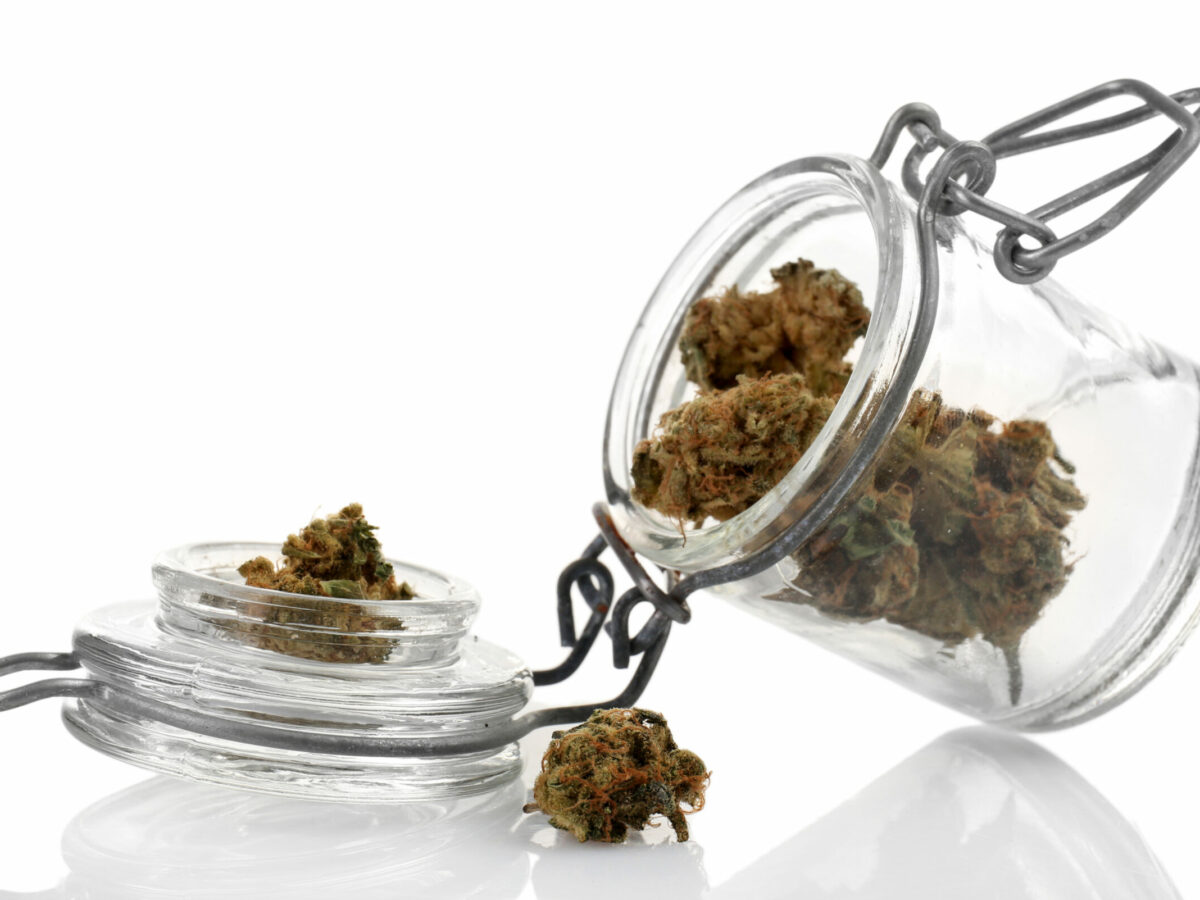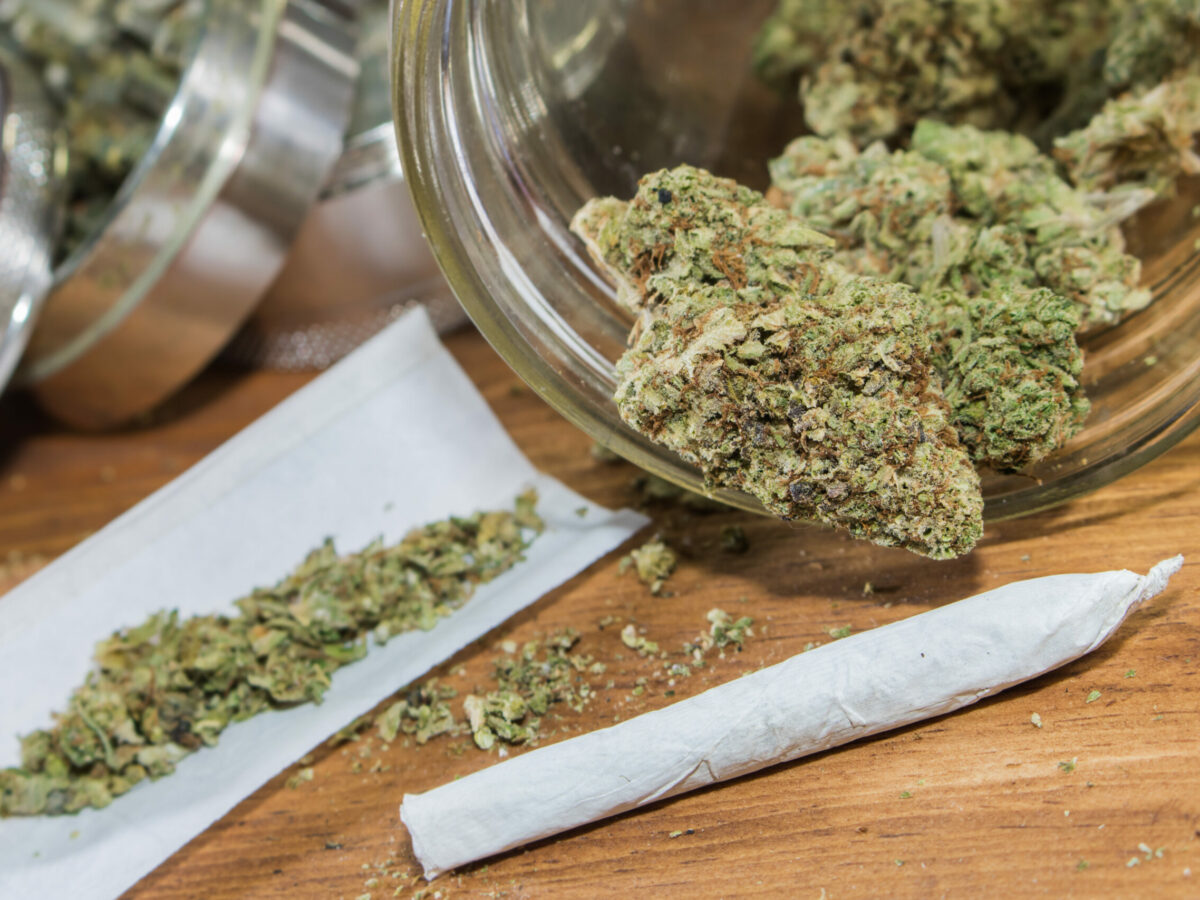Virginia lawmakers from both sides of the aisle on Wednesday expressed early support for a bill that would decriminalize possession of psychedelic mushrooms, so long as it’s specifically for medical uses.
Senate Bill 262, co-sponsored by state Sens. Ghazala Hashmi (D-Chesterfield) and Jennifer Boysko (D-Herndon), proposes to reduce the criminal penalty for possession of psilocybin and psilocin – found in so-called magic mushrooms – from a felony offense to a misdemeanor punishable by a maximum $100 civil fine. A companion House of Delegates bill by Del. Dawn Adams (D-Richmond) would also decriminalize possession of peyote and ibogaine – also psychedelics that occur naturally in plants.
At a hearing of the Senate’s Judiciary Committee on Wednesday, Hashmi explained she “did not expect to be carrying this bill” in 2022, but decided to do so after learning about the medicinal properties of such substances from plant medicine advocates and researchers at Virginia Commonwealth University.
Hashmi pointed to a “a staggering mental health crisis” in the United States, particularly among veterans with post-traumatic stress disorder (PTSD). She noted research from Johns Hopkins University, VCU and elsewhere has indicated “psilocybin has the potential, really, to alleviate a lot of these mental health issues, especially for some of those folks for whom a lot of medications are not working.”
Drug policy reform advocates, including veterans, poured out in support of the legislation, citing the medical and psychological benefits of such natural psychedelics in treating depression, PTSD and other mental conditions.
Wyly Gray, a Marine veteran and founding director of the Manassas-based nonprofit Veterans of War, told the committee of his own struggle with PTSD after returning from war, recalling a time he was “actively suicidal.” He said he sought out plant medicine treatments in South America, dubbing it “guerilla health care work,” that helped him to treat his condition.
“My community needs this medicine,” he told committee members.
Mario De La Fuente Revenga, a post-doctoral researcher studying the antidepressant properties of plant-based psychedelics at VCU, attested to the less addictive nature of psychedelics compared to other drugs. He said decriminalizing plant-based psychedelics could boost research on the substances, making it easier to perform observational studies of users and safe dosing.
“I very much really need a body of research that licensed researchers have trouble getting their hands on,” he said.
Republican committee members said they were moved by veterans’ stories in particular. Senate Minority Leader Thomas Norment (R-James City) noted he has interacted with patients at a veteran’s hospital near his home and had heard stories about the utility of psilocybin for treating mental health conditions.
“It’s amazing, over a period of time, attitudes change, public perceptions change, and research changes,” Norment said, adding, “Sometimes I think that we have to rely on intuition and take a change. I’m going to support this because I think it’s generally going to provide some relief and help individuals.”
Sen. Mark Peake (R-Lynchburg) said he too supports the bill’s goals for similar reasons he backed medical cannabis. However, he predicted the legislation would not advance in the Republican-controlled House of Delegates unless it includes more granular language on specific medical uses and other safeguards.
The committee voted to postpone voting on the bill until its sponsors have amended the language. A vote is expected early next week.
“I think we have an opportunity to continue to work on the bill, put in the safety rails that you are recommending,” Hashmi said.
Mark Miller, a licensed professional counselor and co-founder of advocacy group Decriminalize Nature VA, said after the hearing that he was thrilled to hear senators’ supportive words, even if a vote was postponed to next week.
“This is certainly a first — it’s a big step in the process,” he said. “Once individuals become informed, there’s no resistance to the process of what we’re attempting to do.”
Miller, who helps treat patients suffering from substance abuse, noted that psychedelics themselves “are not a magic pill” and should be used in concert with other treatment tools, including for depression, anxiety and PTSD. He expects the medical argument for plant-based psychedelics’ utility will help carry the legislation forward, including across party lines.
“This is a nonpartisan issue.”
Political watchers expect a more challenging fight in the Republican-controlled House of Delegates, where GOP lawmakers — buoyed by Republican Gov. Glenn Youngkin’s takeover of the governor’s seat — are already working to walk back drug policy reforms, including cannabis legalization provisions enacted last year.
The decriminalization push in Virginia comes after Oregon voters legalized psilocybin for therapeutic uses in 2020 via a referendum measure. Denver and Washington D.C. voters also decriminalized shrooms at the ballot in 2019 and 2020, respectively.



